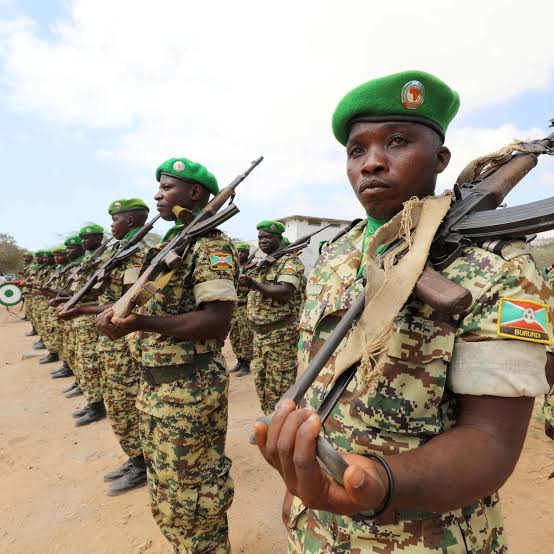The Burundian Army on Monday announced the withdrawal of the East African force deployed in the east of the Democratic Republic of Congo (DRC), after its mission was not renewed by Kinshasa because it was deemed ineffective.
Nearly 250 South Sudanese soldiers and 300 Kenyan soldiers from this Community of East African States (EAC) force, whose mandate ended on 8 December, have already left Goma, the provincial capital of North Kivu.
“All the soldiers in this battalion arrived in Burundi” on Sunday, Burundi army spokesman Colonel Floribert Biyereke told AFP.
According to a senior Burundian army officer, who requested anonymity, said the withdrawal, which began on Friday, was carried out by military lorries that passed through Rwanda before arriving in Burundi.
In addition to Kenyan, South Sudanese and Burundian soldiers, the East African force includes Ugandan troops, who are also due to leave in the coming weeks.
However, the Burundian army spokesman declined to comment on the presence of Burundian army battalions – as well as Ugandan troops – in the east of the DRC under bilateral agreements with Kinshasa.
The soldiers of the East African force began arriving in Goma in November 2022, around a year after the resurgence in North Kivu of the M23 (“March 23 Movement”) rebellion, which, with the support of Rwanda according to many sources, had seized vast swathes of the province.
At the time, the Congolese authorities invited the EAC to deploy its forces to free the areas conquered by the rebels. However, the Congolese quickly became highly critical of the EAC troops, criticising them for cohabiting with the rebels rather than forcing them to lay down their arms.
At the end of an EAC summit on 25 November, the regional organisation announced that the DRC “would not renew the mandate of the regional force beyond 8 December 2023”.To replace it, Kinshasa is counting on troops from the Southern African Development Community (SADC). The departure of the regional force comes as fighting continues between the M23 and the Congolese army, supported by so-called “patriot” militiamen.
Numerous armed groups and other militias have been active for three decades in the east of the Democratic Republic of Congo, a legacy of the regional wars that broke out in the 1990s and 2000s.
General elections, in which incumbent President Félix Tshisekedi is standing for re-election, are scheduled for 20 December. Because of the M23 rebellion, they cannot be held in two territories in North Kivu.











